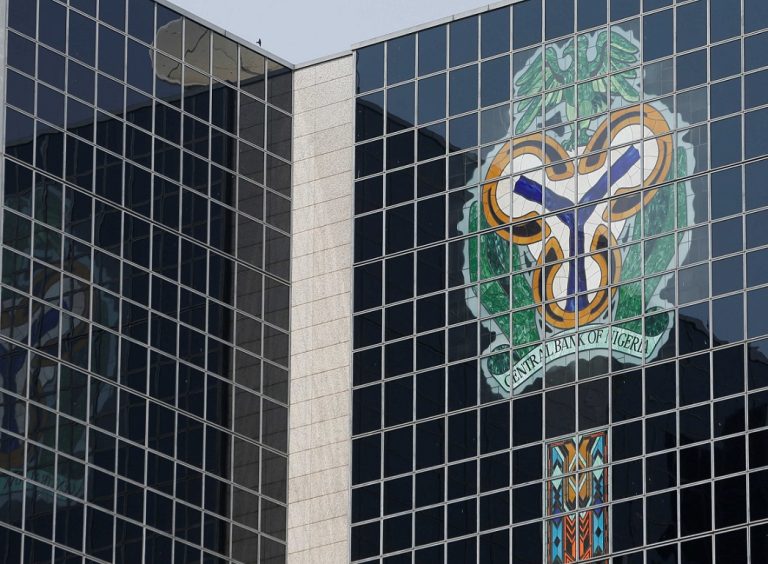In a move aimed at tackling rising inflation, the Central Bank of Nigeria (CBN) has increased the Monetary Policy Rate (MPR) by 50 basis points (bps) to 27.65% from 26.25%. The decision was announced after the Monetary Policy Committee (MPC) meeting, held on [date], and is seen as a bold step to address the country’s growing inflationary pressures.
The hike in the MPR, which is the benchmark interest rate at which commercial banks borrow from the CBN, is expected to have far-reaching implications for the economy. It is anticipated to lead to higher lending rates for businesses and individuals, as commercial banks are likely to increase their interest rates to maintain profit margins. This, in turn, may reduce borrowing and spending, as higher interest rates make loans more expensive.
The CBN’s decision to raise the MPR is seen as a measure to combat the soaring inflation rate, which has been a major concern for the economy in recent times. Nigeria’s inflation rate has been on an upward trajectory, driven by factors such as rising food prices, currency fluctuations, and supply chain disruptions. By increasing the cost of borrowing, the CBN aims to reduce consumption, curb demand for goods and services, and subsequently bring down prices.
Analysts have praised the CBN’s move, citing the need for a hawkish stance to address the rising inflationary pressures. “The CBN has taken a bold step to tackle inflation, which is essential for maintaining economic stability,” said an economic analyst. However, others have expressed concerns about the potential impact on economic growth, as higher interest rates could lead to reduced borrowing and spending.
The development has sparked mixed reactions from stakeholders, with some welcoming the move as a necessary step to stabilize the economy, while others have expressed concerns about the potential consequences for businesses and individuals. “This decision will make it more expensive for us to borrow and expand our business,” said a business owner. “We hope the CBN will consider the impact on small businesses like ours.

